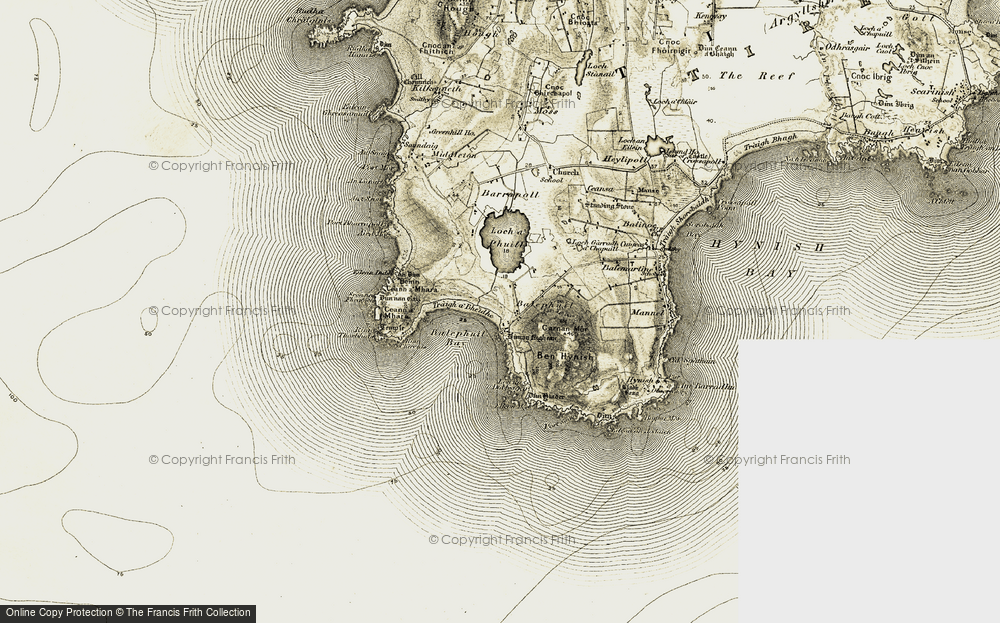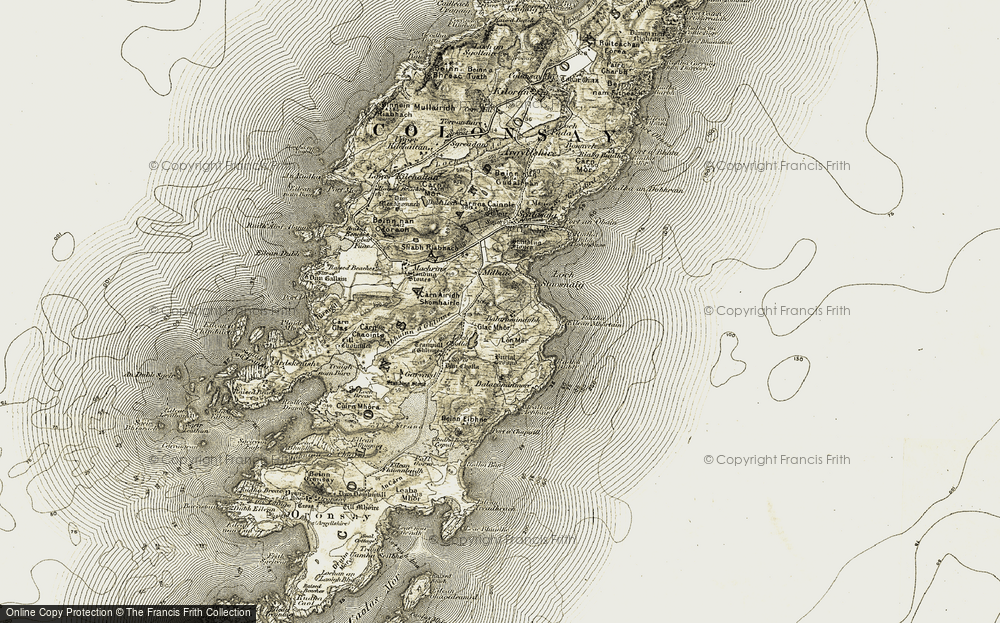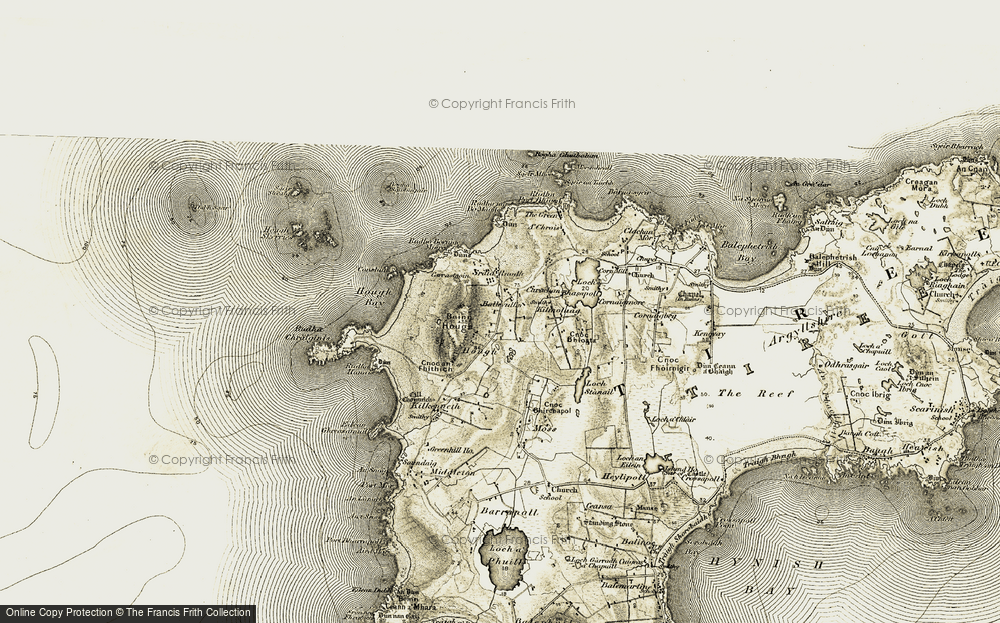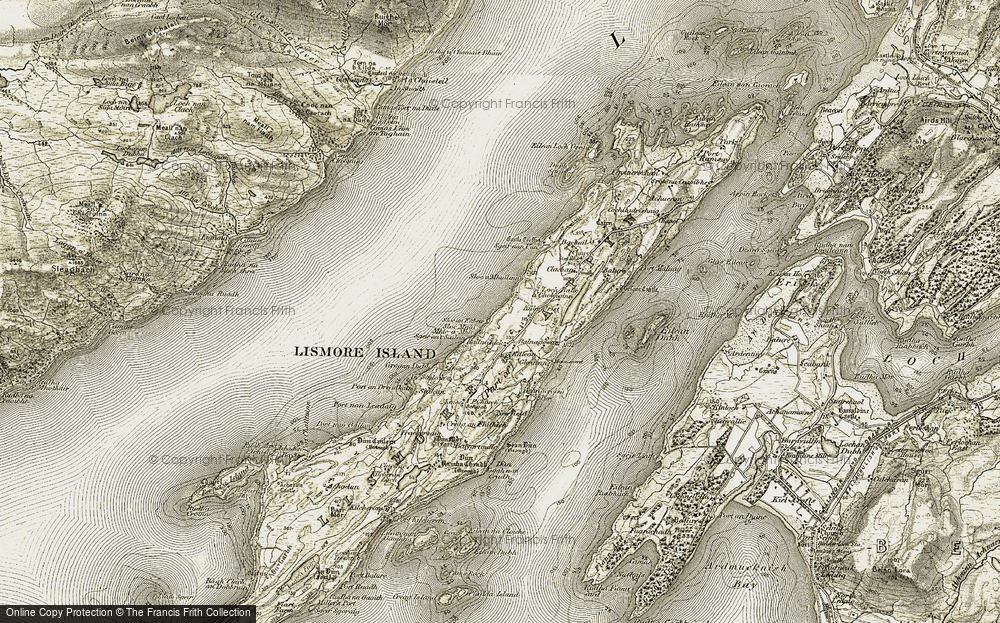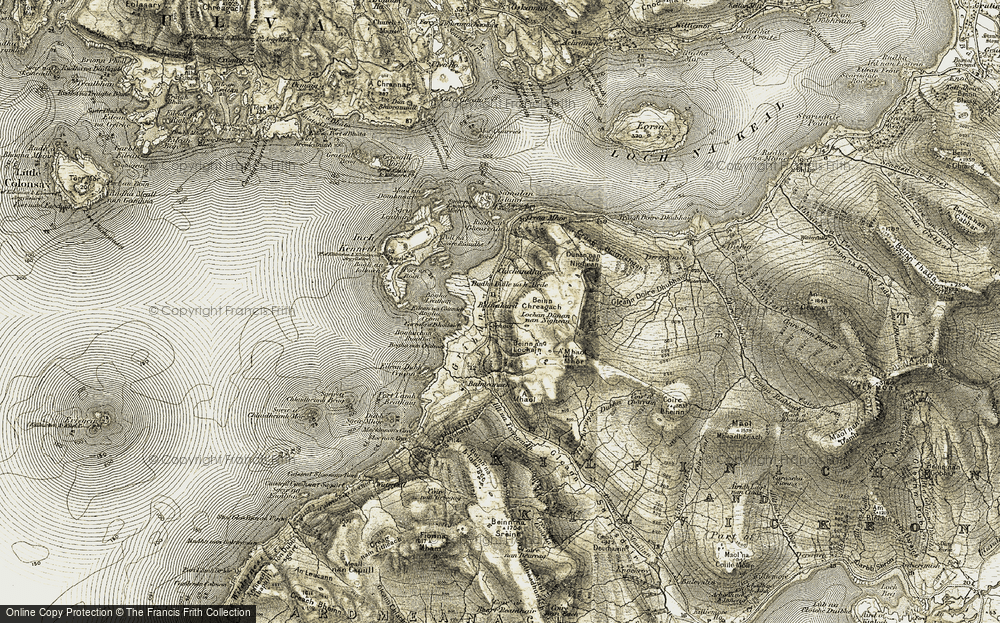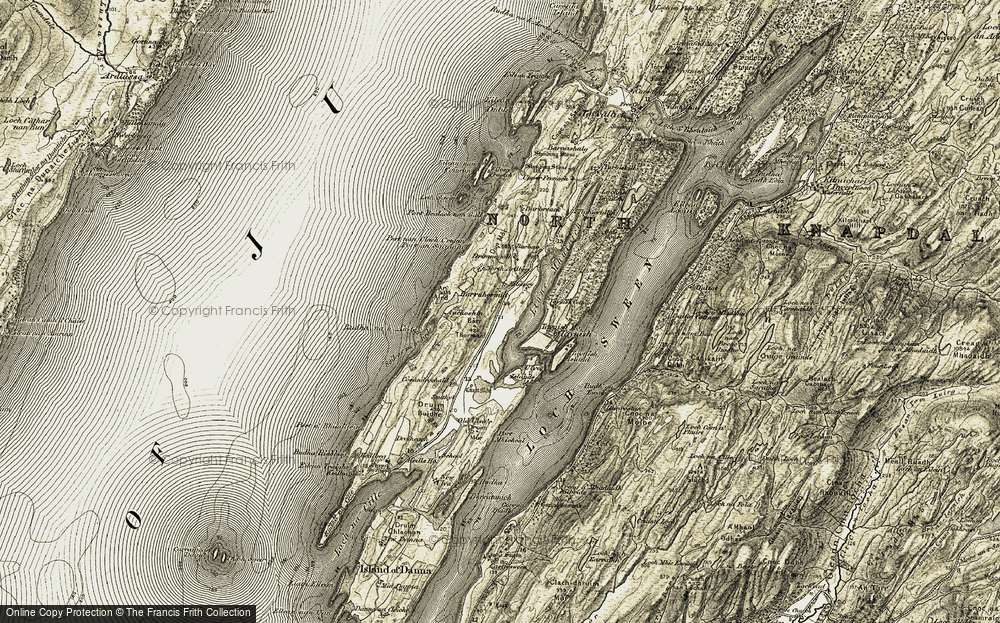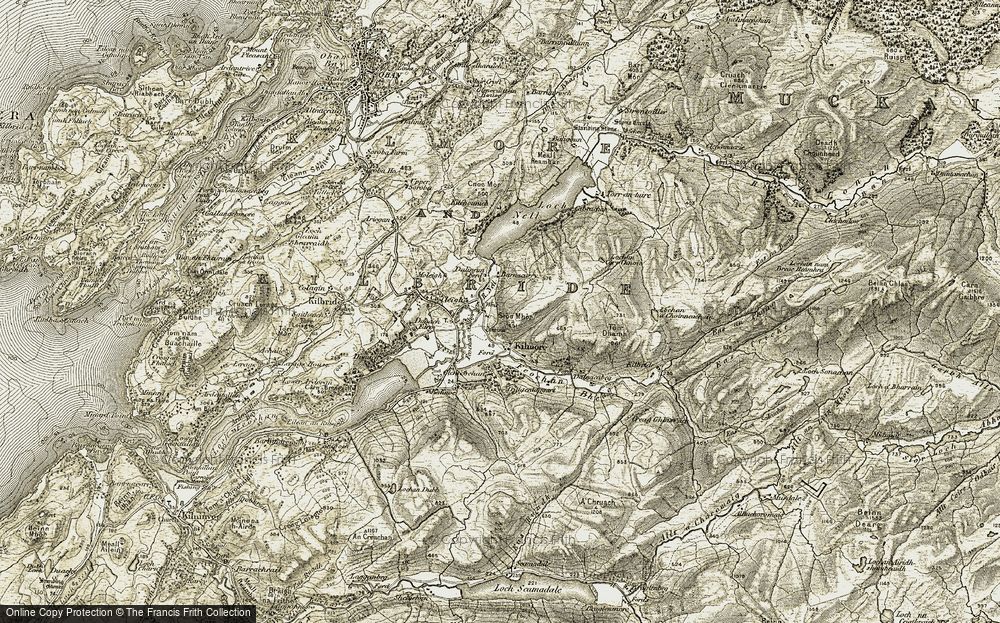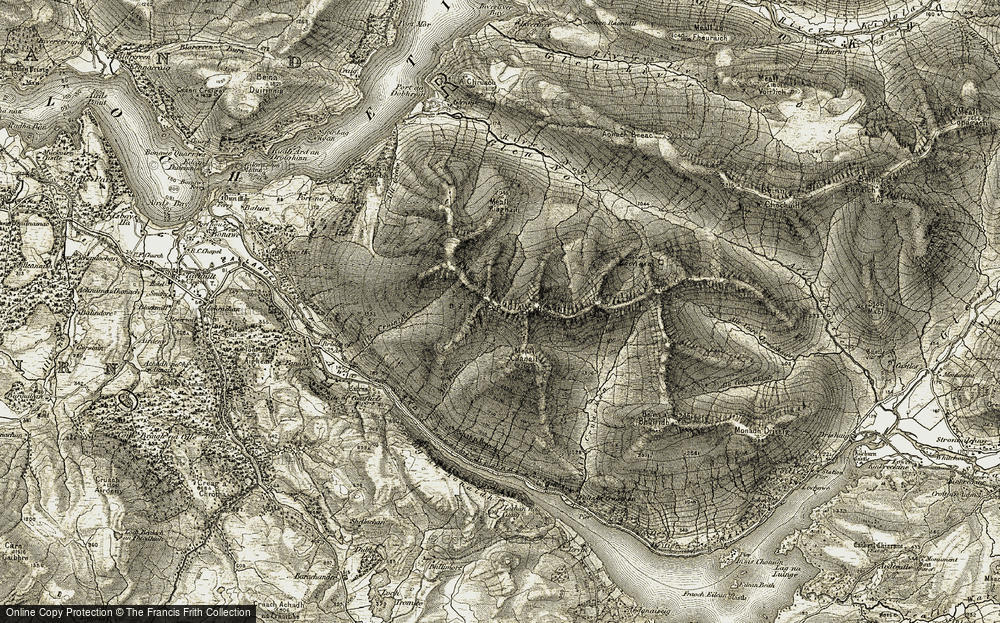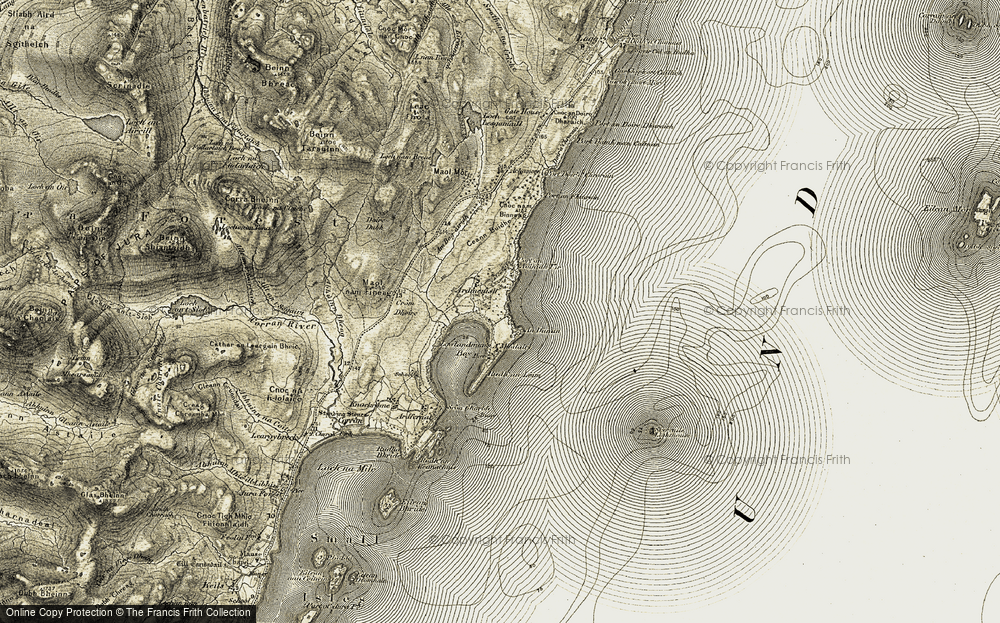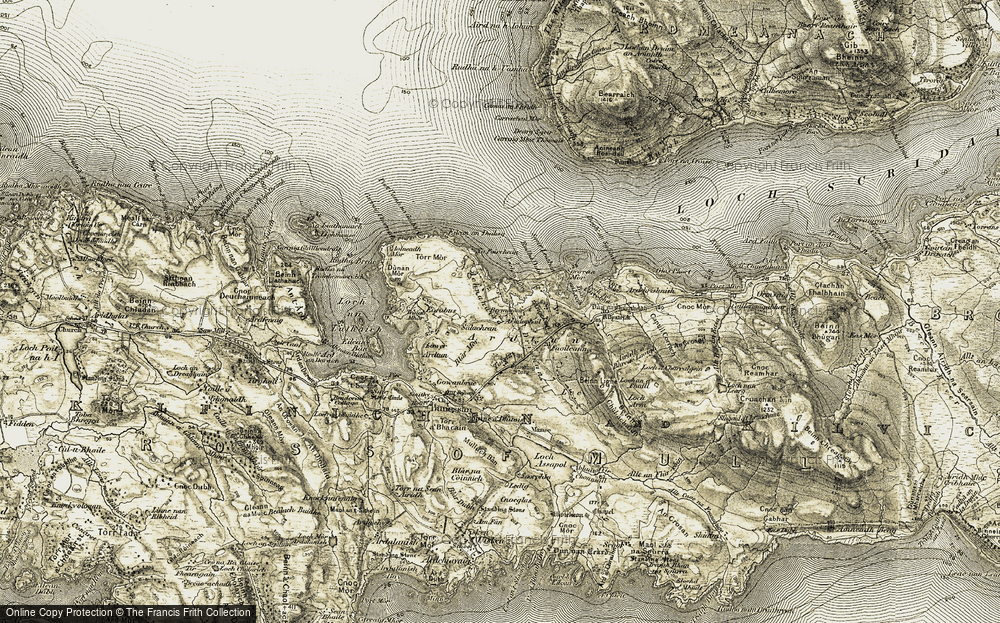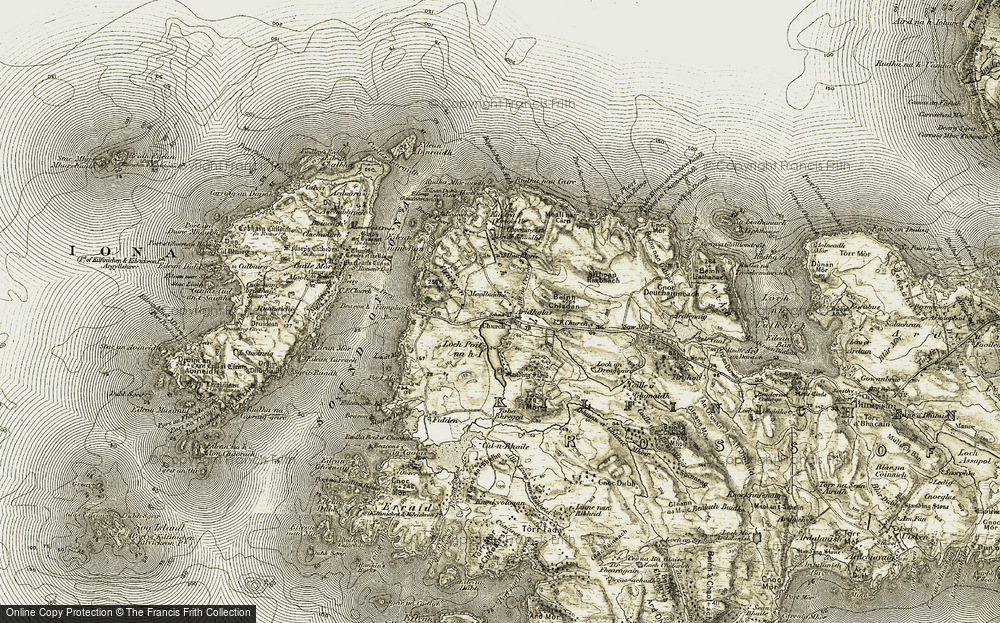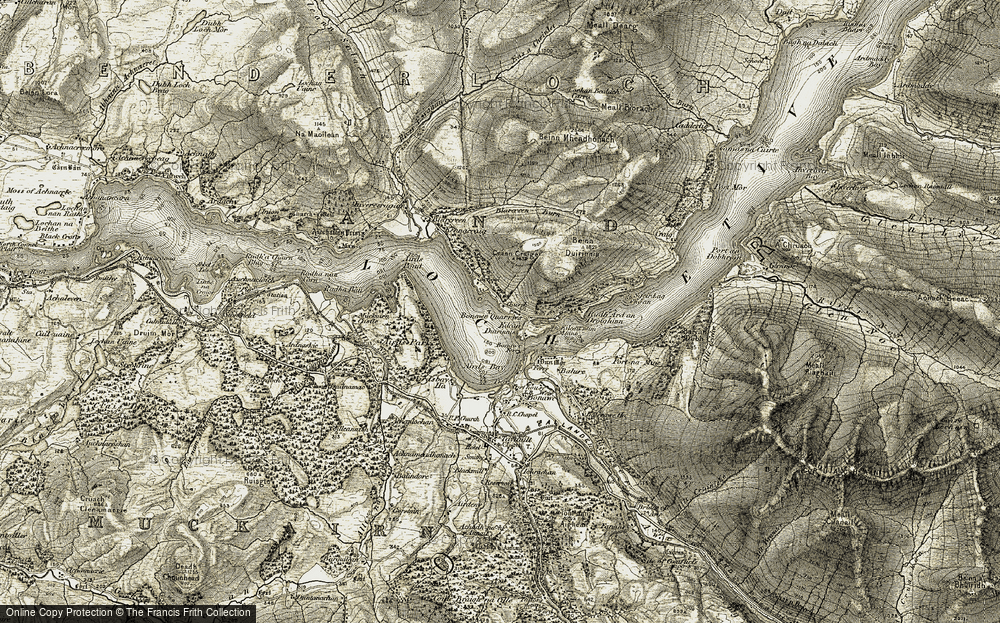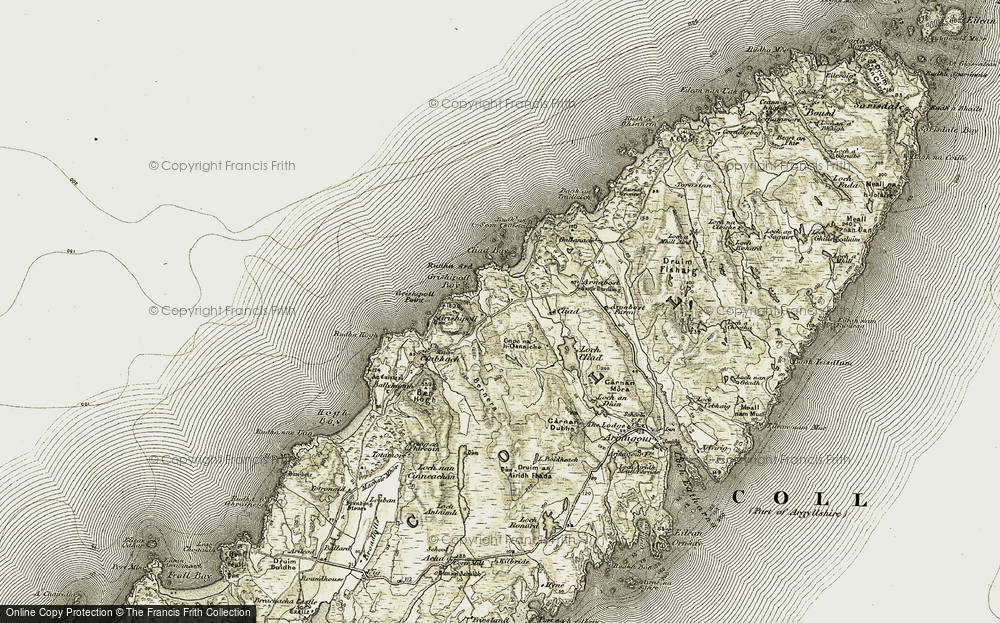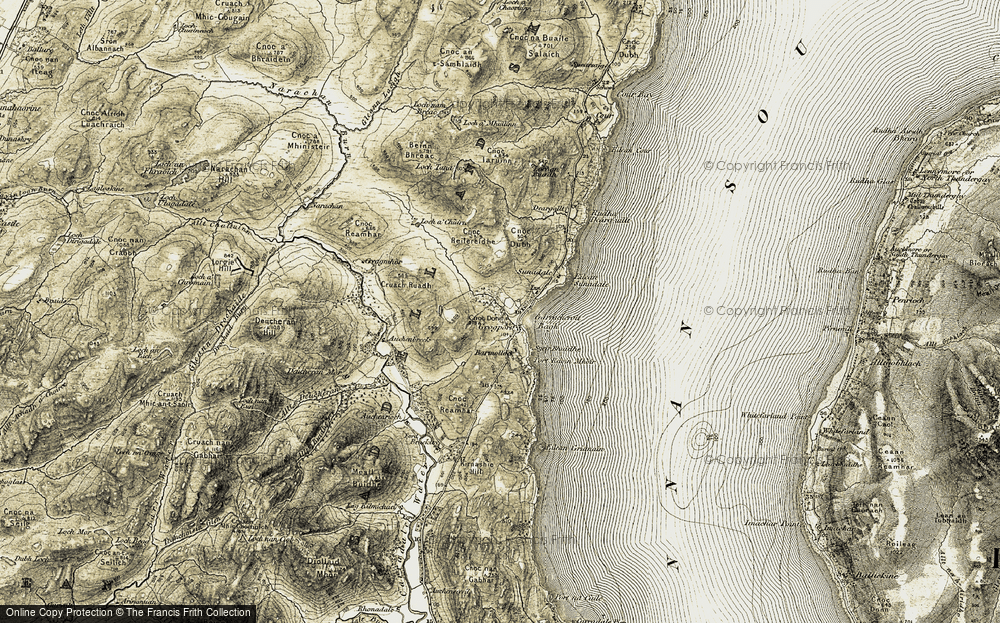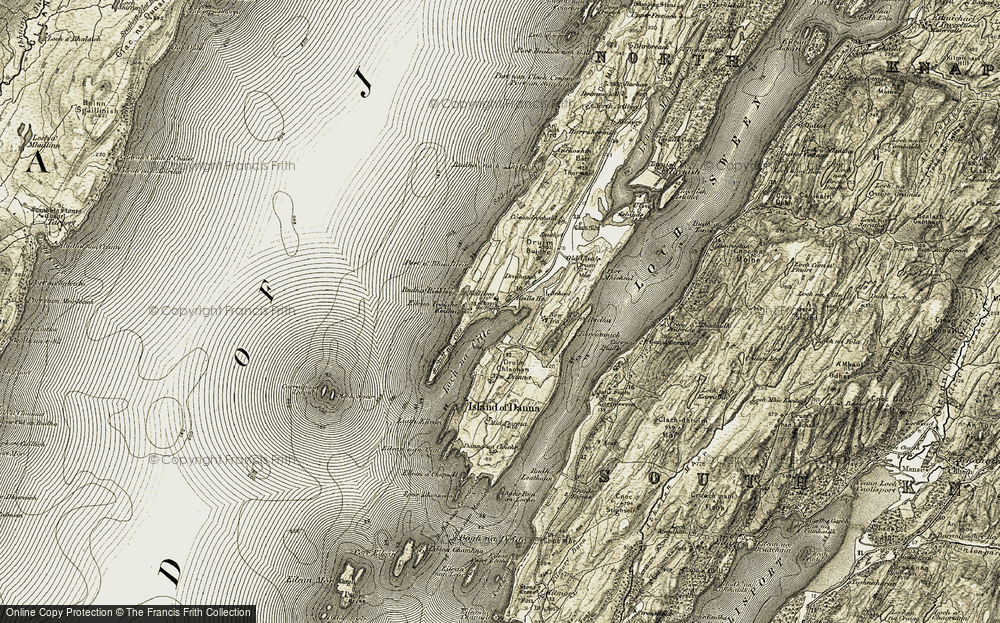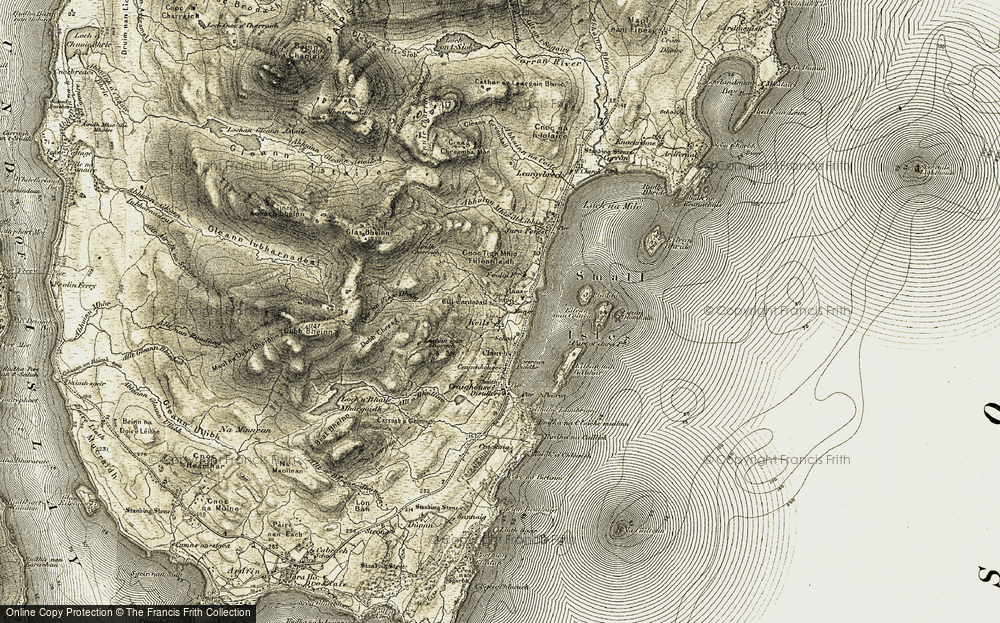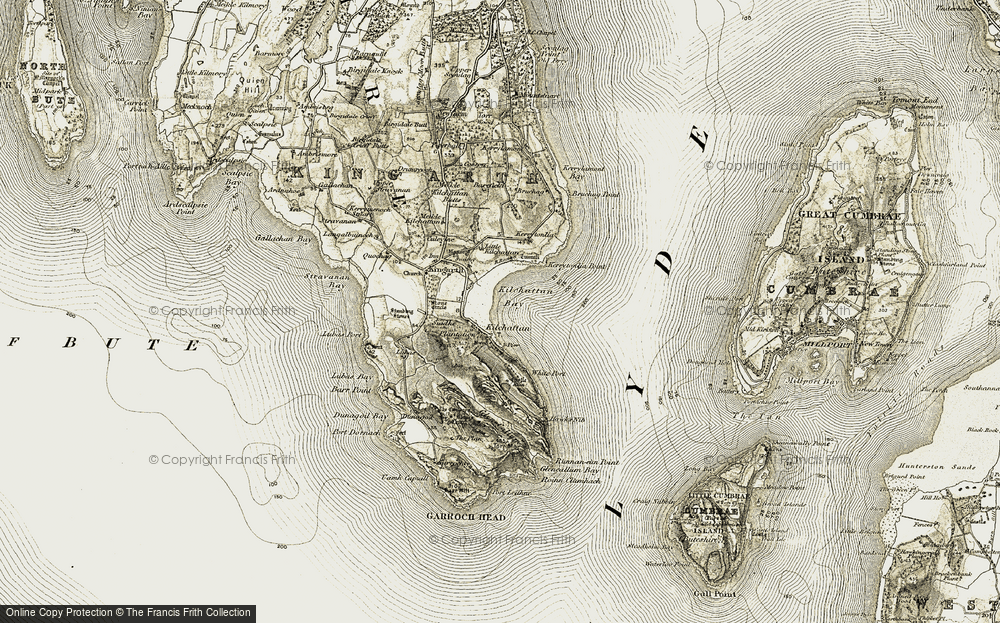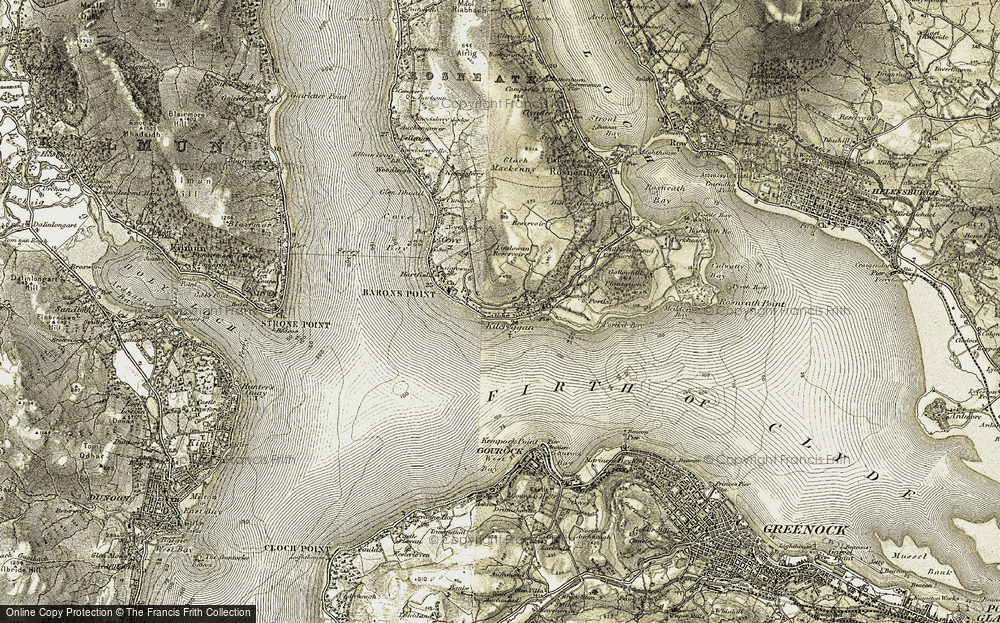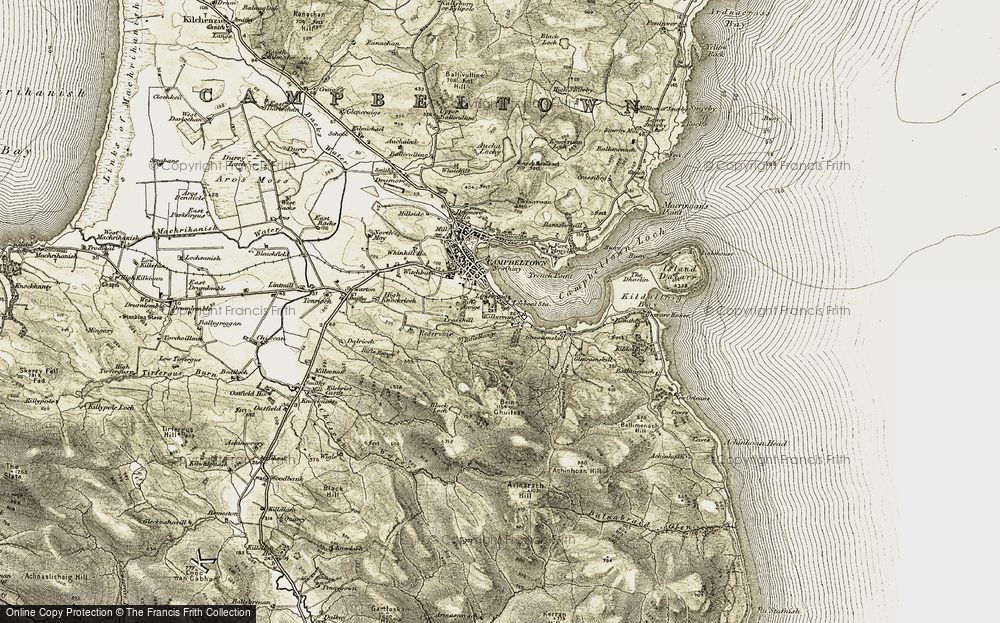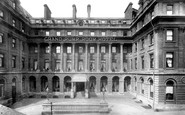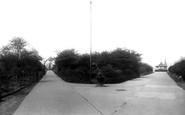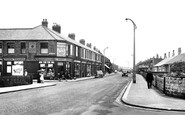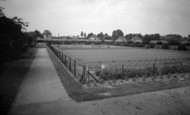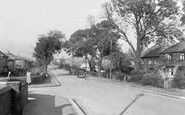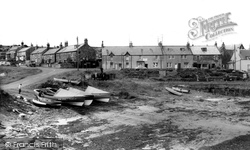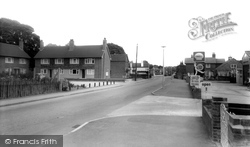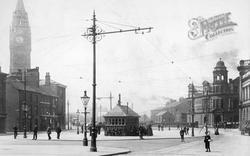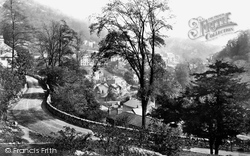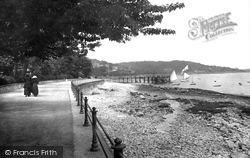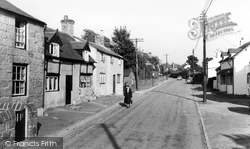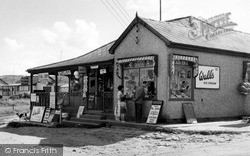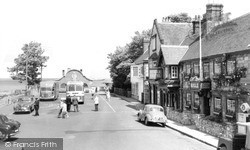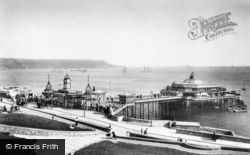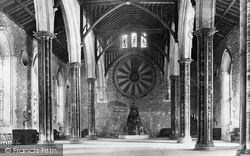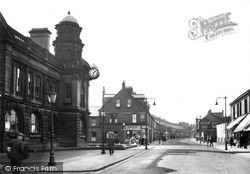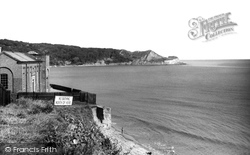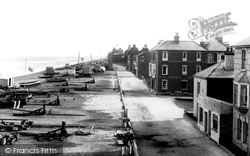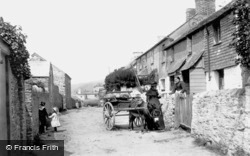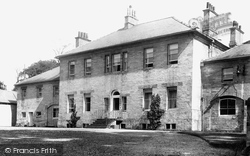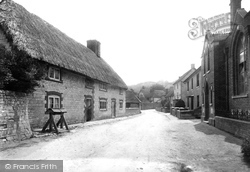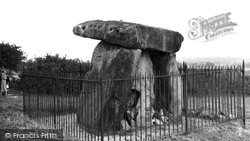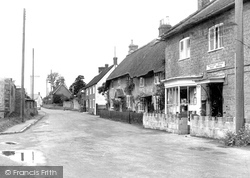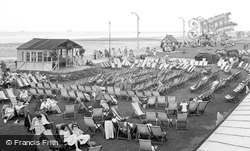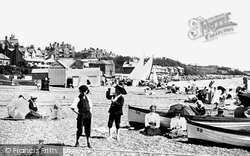Places
Sorry, no places were found that related to your search.
Photos
Sorry, no photos were found that related to your search.
Maps
1,353 maps found.
Books
3 books found. Showing results 337 to 3.
Memories
2,048 memories found. Showing results 141 to 150.
Architectural Notes
As a former resident of Bath I recall that this building was not particularly liked. In 1959 the hotel was demolished and a block of 33 flats at 1st, 2nd and 3rd floor level with shops at the ground floor was built. The quality of ...Read more
A memory of Bath by
Argent Street Grays
I too, was born in Argent Street, No 85, next door to Potters Shop. Only the alleyway divided our house from them, and two doors away from The Castle. I have fond memories of growing up in the early sixties, and my adventures ...Read more
A memory of Grays in 1958 by
Arlesey Bedfordshire
When my dad was demobbed after the war in 1946, we had to move back to London because of his job. We had all our funiture put on a lorry, and the local publican, a Ted Bland, delivered us to a requestioned place over a shop in ...Read more
A memory of Arlesey in 1940 by
Around The Chalk Pit
I lived at 1 St. George's Close, off Chalk Pit Avenue from 1946 to 1954. At first, the Chalk Pit was still there, as was the Oast House, where the shops are now on the corner of Chalk Pit Avenue and Main Road. I first went ...Read more
A memory of St Paul's Cray in 1946 by
Arthington Mill And The Norfolk Family From Around Eccup And Harewood
My family's ancestors come from countryside around Harewood and one of the oldest I have identified was John Norfolk who lived in Eccup in the late 1600's. I have seen several of my ...Read more
A memory of Eccup by
As A Child.
As a child growing up in Hyde Park it still holds very fond memories for me...Woodhouse Moor it never seems to change that much as I visit there once or twice every 4yrs or so...and having moved out of the area some years ago and would love ...Read more
A memory of Leeds in 1962 by
Ashby Aint Like It Used To Be
I was born and bred in Ashby-de-la-Zouch, the eldest of three children. My memories of Ashby itself are snapshots from a time which now seems so old-fashioned that it as nostalgic as a Herriot novel. As a young ...Read more
A memory of Ashby-de-la-Zouch in 1970
Ashington 1950s 1980s.
My mother's family lived in the Milburn Road area of Ashington from the 1920s. My mother met my father, a Londoner serving in the Army stationed at Acklington or thereabouts at the end of WW2. They married in Morpeth and ...Read more
A memory of Ashington
Aspro Bowling Green
Surely this is Aspro's bowling green? along Bath Rd., houses must be Westgate Cres or Ivy Cres. Pals dad was gardener to Aspros. was it built beside Aspros cricket pitch?
A memory of Cippenham by
Aston Terrace
I was born on Alexander Road in 1944 and moved to 79 Aston Terrace in 1945 and these were one of the best times in my life. We were known as the middle row and I can remember most people in the row; Tylers, Barnses, Davises, Scotts, ...Read more
A memory of Aston in 1950 by
Captions
1,059 captions found. Showing results 337 to 360.
Craster oak-smoked kippers are considered to be the best in England, and anyone paying a visit to the village really should not leave without buying some.
This view was taken about ten years later than C240003 from a similar position (the semi-detached houses are out of the picture to the left where they should be). The
The Roach was covered here in 1904 and the shelter appears to be the one that formerly overhung the river. It was soon to be replaced. The Manor House can be seen to the right.
Sandy Bay is Littleham's beach, offering some of the finest bathing on the East Devon coast.
Known as 'Little Switzerland' to generations of tourists, Matlock Bath has long attracted visitors to its craggy limestone gorge cut by the River Derwent.
This scene is quite hard to recognise today, owing to the former swimming baths being on the right. Ahead, boats are setting off from Clare House Pier.
The house with the two dormer windows in the roof on the left used to be The Stanley Arms, one of two hostelries that once refreshed the village.
A holidaying family does a bit of window shopping at the Sea View Stores on the front at Reighton, while a dog watches curiously on to the left.
Although Yarmouth never really developed as a traditional seaside resort, there are stretches of sand available for bathing.
Plymouth never quite achieved the status of being a major seaside resort, though tourists have always bathed from its beaches and promenaded across the famous Hoe.
Plymouth never quite achieved the status of being a major seaside resort, though tourists have always bathed from its beaches and promenaded across the famous Hoe.
Considered to be the best medieval hall in the country after Westminster Hall, the Great Hall dates back to the early 13th century and includes fine arcade piers of Purbeck marble.
The Town Hall with its round corner turret was designed by Liddell & Brown and built in 1907-08; the fire station in Lawson Street and the public baths were part of the same scheme.
One man and his dog stand looking out to sea (bottom centre) on the sandy beach at Cayton Bay, south of Scarborough.
Such open spaces as you see on the right provided room to dry and certainly to repair nets.
Virginia Woolf was a frequent visitor to Cornwall and her most famous novel, 'To the Lighthouse', was inspired by Godrevy.
The house on the right, outside which the rather formidable-looking woman is standing, is reputed to be the oldest in Downderry.
A closer view of the entrance to the Hall. The designer, John Carr, later went on to be the architect of the magnificent Harewood House.
Before the days of a piped water supply, the well to the left would be the focus of a village life well known to the little boy standing at the doorway just beyond it.
The ugly iron railings do little to enhance or exploit this fine dolmen; it is sad that it may well be the price society has to pay for preserving one of the oldest man-made monuments in Britain - it dates
This village sprawls around the lanes of the surrounding countryside of the Blackmoor Vale as though not quite sure where it wants to be. The
Given the difficulties with bathing, the sea front was given over to recreational use; it was a place to sit and relax, watch the ships in the Solent, hire a boat to explore the coastline or seek
By this time, Felixstowe was at the height of its popularity as a seaside resort, with its south-facing beach.
This village sprawls around the lanes of the surrounding countryside of the Blackmoor Vale as though not quite sure where it wants to be. The
Places (0)
Photos (0)
Memories (2048)
Books (3)
Maps (1353)




